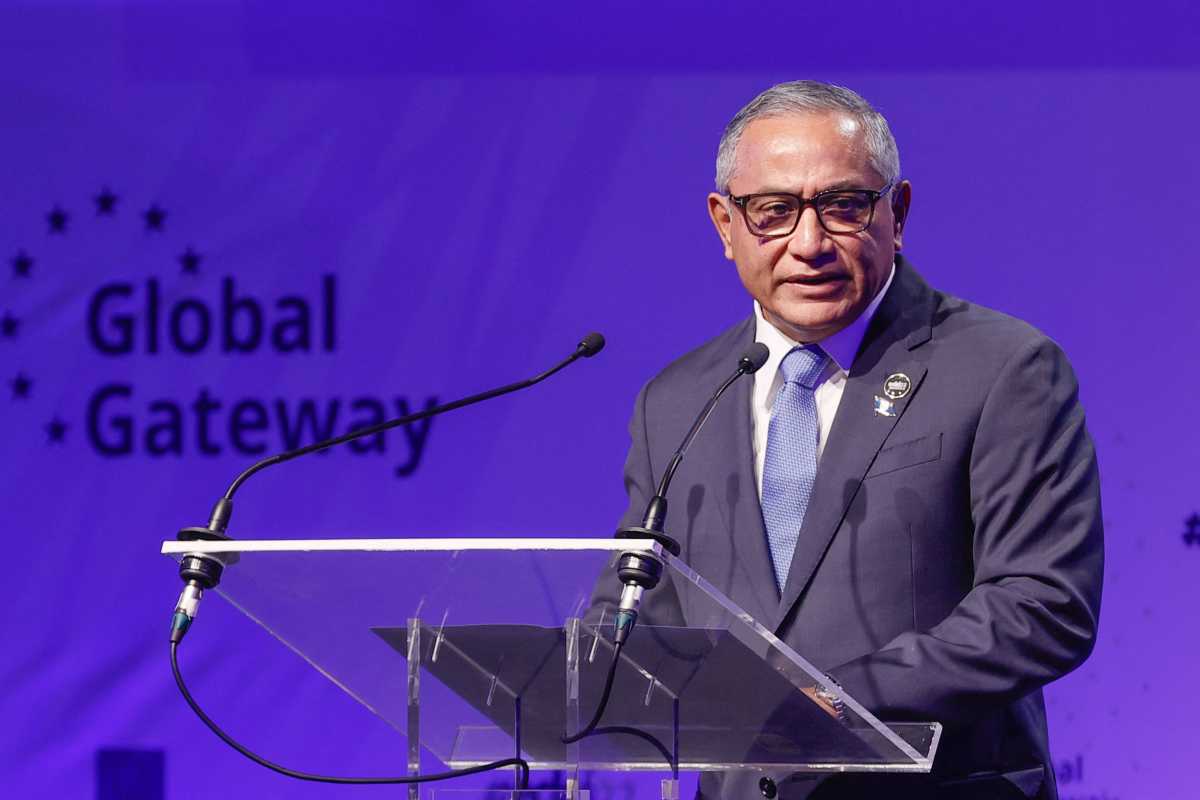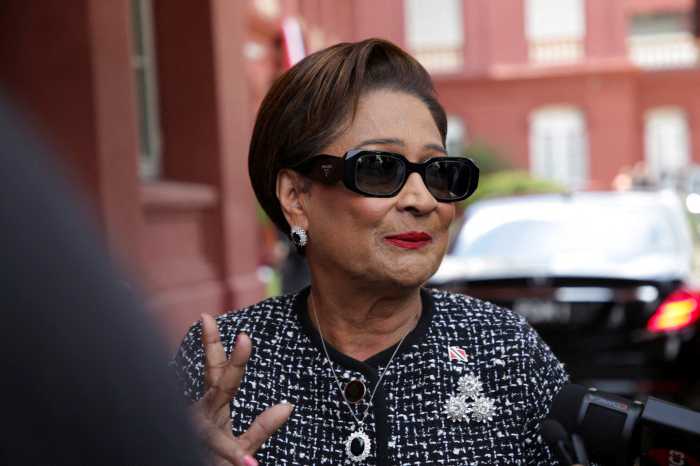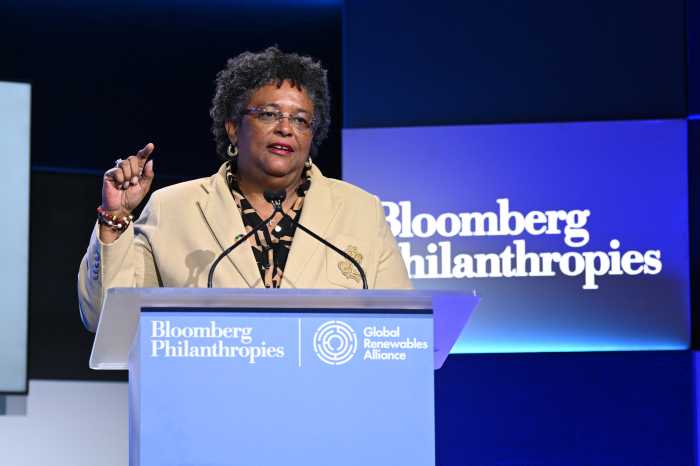Not usually the focus of much regional media attention, CARICOM member nation Belize is under increasing pressure from the US to accept deportees under a special repatriation program.
This week, authorities acknowledged ongoing negotiations for Belize to become a “safe third country” for deportees from the US, allowing them to apply for asylum in Belize instead of returning to their native homelands.
The announcement from Prime Minister John Briceño and Minister of Foreign Affairs Francis Fonseca has come as the US appears to be increasingly turning its attention to the Caribbean for help in several areas, from accepting deportees to asking Grenada to host an American military radar base on the island.
Fonseca says that if Belize accepts the request and signs off on a formal agreement, key safeguards, financial and technical assistance, and assurances that the program would not disrupt ordinary living arrangements in the country will be required.
“Under this agreement, asylum seekers in Belize will have their claims determined here. We are finalizing terms that include an unqualified veto over who is transferred, limits on nationalities, and a cap on the number of total transferees per year,” the minister told reporters recently. The PM says that “we are working on it. We have had discussions. We brought it to the Cabinet, and the Cabinet has given the green light to continue the negotiations,” Briceño told local News Five television station.
The foreign minister said that any deal would have to include built-in safeguards, including an initial limit of two years, the ability of either participating party to terminate the agreement via written notice, and that the US must provide financial assistance to the country to help it cope with and cater to those new arrivals. He says that local institutions will also have to strengthen their capacity to handle this group. Senior government officials have been trying to sell the program to citizens, including Fonseca’s recent address to the chamber of commerce.
“The agreement we are finalizing with the United States is such a framework for cooperation. It rests firmly on our international legal obligations. Under this agreement, asylum seekers in the United States could be transferred to Belize for the determination of their claim. The agreement we are finalizing contains multiple safeguards to protect the interests and security of Belize, including an unqualified veto over who is transferred to Belize, restrictions on the nationalities that could be transferred, a cap on the total transferees per annum, consideration of criminal records and professional skills,” Fonseca told the business grouping.
He said several other legal steps, including Senate approval, would have to be completed to make the agreement legal.
“What I can say further is that the agreement cannot come into force until and unless domestic legal procedures have been complied with. Which means in accordance with Section 61A2 of the Constitution of Belize, the agreement once entered into will have to be ratified by the Senate. I need to make the point that this is how treaty arrangements are done for obvious reasons, and this is a well-established practice recognized in the law.”
Earlier this year, Washington had sent out feelers to Grenada and the Turks and Caicos Islands (TCI), a British colony already struggling with Haitian economic migrants, also to consider accepting third-country migrants.
TCI Immigration Minister Arlington Musgrove had been adamant that “the government of the Turks and Caicos Islands categorically states that we will not, under any circumstances, accept deportees from the United States or any other nation who are not citizens of Turks and Caicos. Our country’s immigration policies are clear and firmly rooted in the principles of sovereignty, the protection of our borders, and the welfare of our people,” Musgrove said.
It is unclear why the Belizean government has had a change of heart, as earlier this year, PM Briceño had been steadfast against any such arrangements with the US.























